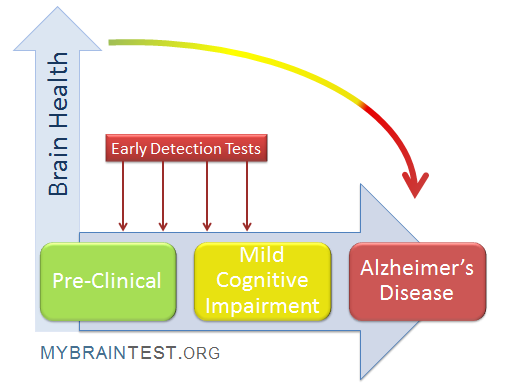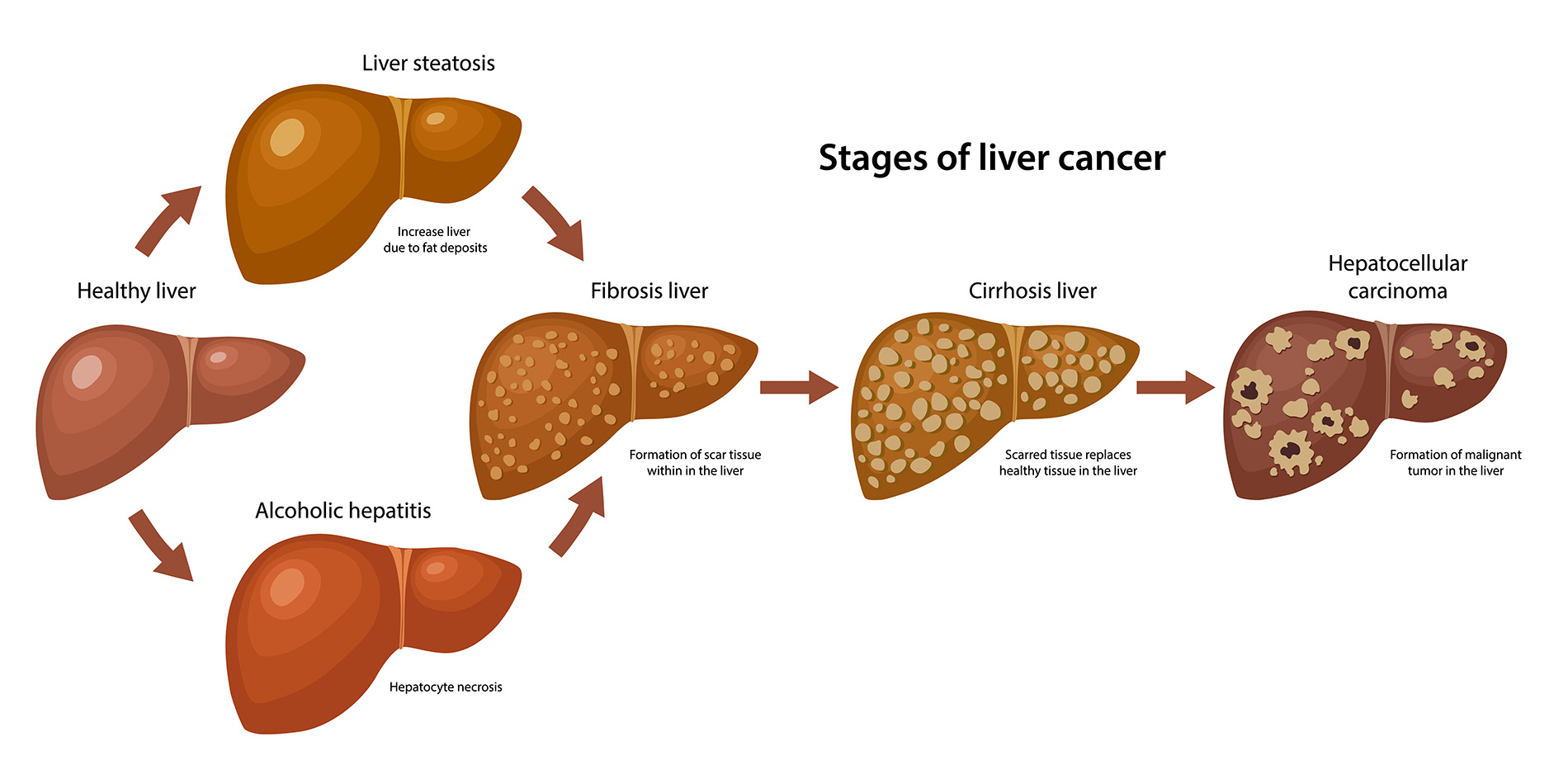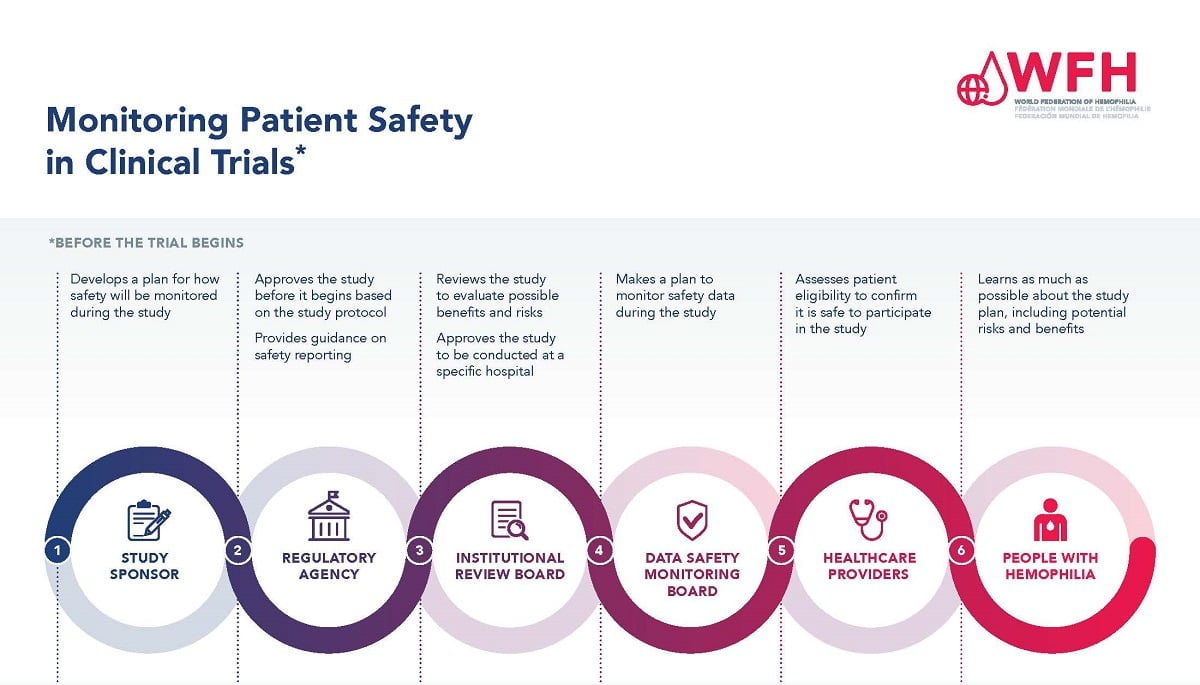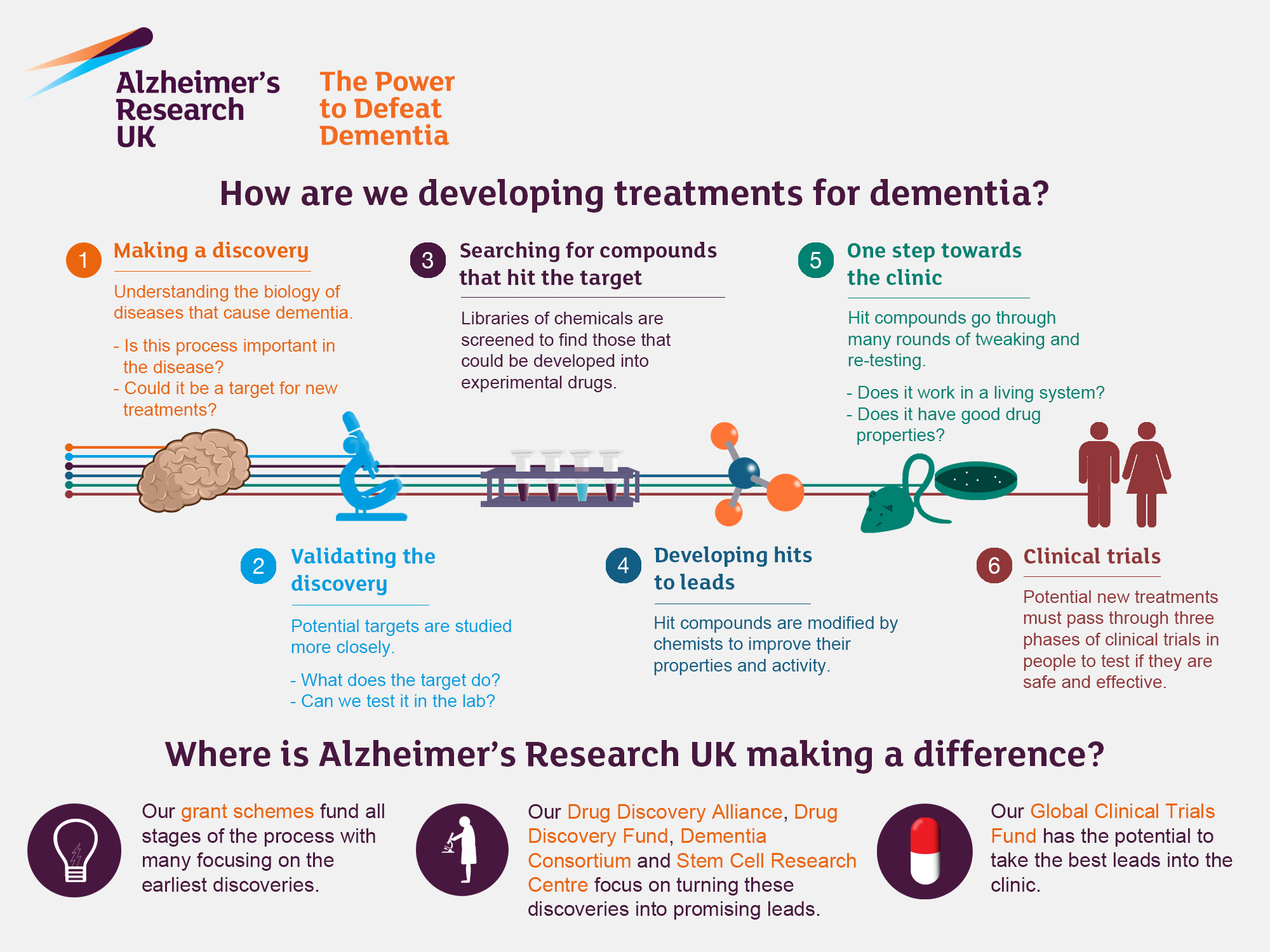Alzheimer’s early detection is crucial for effective intervention and management of cognitive decline associated with the disease. Recent research from Mass General Brigham highlights the potential of olfactory dysfunction as a warning sign, suggesting that the ability to smell could be linked to the risk of Alzheimer’s disease. By utilizing an innovative at-home Alzheimer test, participants were able to assess their odor recognition abilities, revealing that older adults experiencing memory loss symptoms often scored lower than their cognitively healthy counterparts. This cognitive impairment test is designed to be both cost-effective and noninvasive, making early identification of neurodegenerative diseases more accessible. With continued study, these findings may pave the way for improved strategies in the fight against dementia, enhancing the quality of life for those at risk.
The early identification of Alzheimer’s symptoms is increasingly recognized as vital in managing cognitive health. Innovations in assessment methods, such as tests that gauge smell perception, are emerging as promising tools in recognizing early signs of dementia. Cognitive decline can often manifest subtly, making alternative approaches critical for those potentially facing neurodegenerative diseases. These advancements not only offer insights into the relationship between olfactory capabilities and memory loss but also provide a user-friendly platform for individuals to evaluate their cognitive health in the comfort of their own homes. By focusing on methods like at-home tests and understanding sensory changes, we stand a better chance of addressing Alzheimer’s before the symptoms become more pronounced.
Understanding the Role of Olfactory Dysfunction in Alzheimer’s Detection
Olfactory dysfunction, or the impaired ability to smell, is increasingly being recognized as a potential early indicator of neurodegenerative diseases, particularly Alzheimer’s disease. Recent research indicates that older adults often experience this dysfunction before any noticeable memory loss symptoms appear. By measuring how well individuals can identify and discriminate odors, researchers aim to uncover a noninvasive and cost-effective method for early detection of cognitive impairment. With studies suggesting that participants with cognitive decline performed significantly worse on olfactory tests compared to healthy counterparts, olfactory dysfunction could serve as a subtle yet significant warning sign for those at risk.
The significance of these findings lies in their potential application for early intervention strategies. If olfactory tests can reliably predict cognitive decline, they could pave the way for earlier treatment options or lifestyle changes that might mitigate the progression of Alzheimer’s. Researchers are now advocating for the inclusion of olfactory testing in clinical settings, making it an easy and effective tool for widespread adoption. Such tests can be administered at home, making them accessible and alleviating barriers faced by those who may otherwise not seek testing for cognitive decline.
At-Home Alzheimer’s Tests: A Game Changer for Early Detection
The development of at-home Alzheimer’s tests marks a significant advancement in the field of cognitive health. Researchers from Mass General Brigham have pioneered an olfactory test that allows individuals to assess their cognitive performance in the comfort of their homes. This test requires participants to sniff different odor labels and assess their ability to remember and identify these smells. Not only does it present an innovative method to detect cognitive impairment, but it also caters to the growing demand for non-invasive tests that can be easily integrated into daily life.
These at-home Alzheimer’s tests could particularly benefit those who might hesitate to seek help for cognitive issues due to stigma or accessibility issues. With memory loss symptoms often overlooked or trivialized, having a straightforward, objective assessment tool available for personal use can encourage more individuals to monitor their cognitive health. As researchers continue to validate these tests, it could lead to broader recognition of cognitive impairment and promote proactive healthcare strategies focused on prevention and early intervention against neurodegenerative diseases.
The Importance of Cognitive Impairment Tests in Aging Populations
As the global population ages, the need for effective cognitive impairment tests has become more urgent. Studies reveal that age is a significant predictor of cognitive decline, with many individuals unaware of their deteriorating memory and cognitive abilities. Tests targeted at identifying early signs of cognitive impairment are essential not just for individual benefit but also for public health strategies aimed at improving the lives of older adults. By integrating olfactory testing and other cognitive assessments into regular health checks for aging populations, healthcare providers can facilitate early diagnosis and timely interventions.
Implementing cognitive impairment tests can also foster discussions regarding mental health in geriatric care. By normalizing routine screening for cognitive abilities, patients and caregivers can engage in dialogs about memory loss symptoms and brain health with healthcare providers. Such proactive measures will not only enhance individual awareness but could also contribute to greater societal understanding of conditions like Alzheimer’s, thereby reducing stigma and encouraging a supportive environment for those affected.
Advancing Research for Neurodegenerative Diseases
The findings from studies on olfactory testing underscore the need for continued research into early signs of neurodegenerative diseases. The relationship between olfactory dysfunction and cognitive impairment is complex but suggests a critical pathway for understanding how diseases like Alzheimer’s progress. As researchers gather more data, they can better decipher the intricate mechanisms of neurodegeneration and develop targeted therapies that could delay onset or progression. With olfactory tests leading the way, research is paving the path for innovative interventions that could change the landscape of memory-related diseases.
Moreover, advancements in research necessitate collaboration across disciplines, from neurology to psychology, to develop comprehensive testing strategies. Incorporating neuropsychological evaluations alongside olfactory assessments can provide a holistic view of cognitive health, enriching our knowledge of memory loss symptoms and their implications. As knowledge expands, we can expect strides in how we understand and treat neurodegenerative conditions, translating scientific discoveries into practical applications for safeguarding brain health.
Memory Loss Symptoms: When to Seek Help
Memory loss symptoms can often be subtle and may fluctuate over time, making it challenging to recognize when it’s time to seek help. Changes in memory could range from misplacing items frequently to struggling to recall recent conversations, and these can understandably cause concern. It is essential for individuals—especially seniors—to monitor these changes closely, as early recognition of cognitive impairment can significantly influence treatment options and outcomes. Professional evaluations, including cognitive impairment tests, provide invaluable insight into whether these symptoms may indicate a more significant problem, such as Alzheimer’s.
Understanding the nature of memory loss symptoms is crucial; they are not always indicative of Alzheimer’s and can result from stress or other health issues. However, if memory issues manifest with additional cognitive decline signs— such as changes in mood, personality, or day-to-day functioning—seeking a professional diagnosis becomes imperative. Conducting olfactory tests at home can serve as a preliminary evaluation, encouraging individuals to pursue further testing and ultimately fostering an environment of proactive care and awareness.
The Future of Alzheimer’s Research: Targeting Early Interventions
Alzheimer’s research is undergoing a transformative phase, emphasizing early interventions as a key strategy for managing the disease. The increasing recognition of olfactory dysfunction as a precursor to cognitive impairment presents a frontier for preventative strategies. As researchers develop more efficient detection methods, like at-home tests, they are also diving deeper into how early intervention can mitigate the impacts of Alzheimer’s. This proactive approach enables healthcare providers to implement lifestyle changes and therapeutic interventions sooner, potentially slowing the disease’s progression.
Additionally, early intervention strategies could lead to more significant insights about the biological underpinnings of Alzheimer’s disease. By focusing on cognitive impairment tests and their predictive power, researchers can identify risk factors, paving the way for groundbreaking treatments tailored to individual needs. The objective is not just to respond to memory loss symptoms but to shift the paradigm towards prevention, which could reshape the healthcare landscape for aging populations facing neurodegenerative diseases.
Combating Aging with Cognitive Health Awareness
With an aging population, cognitive health awareness has become imperative. Society must combat the misconceptions surrounding memory loss and neurodegenerative diseases. By fostering an understanding of early signs, such as olfactory dysfunction and other cognitive impairment symptoms, individuals can be empowered to take charge of their brain health. It is crucial to encourage open dialogues about cognitive health, equipping older adults and their families with knowledge about when and how to seek help.
Educational initiatives and community programs that spotlight cognitive health can create a supportive framework for individuals navigating the complexities of aging. By highlighting the significance of at-home cognitive impairment tests and the risks associated with ignoring memory loss symptoms, communities can promote an proactive culture where seeking help is normalized. As efforts grow to expand knowledge and resources, the focus on brain health will undoubtedly lead to improved outcomes and better quality of life for the elderly.
Integrating Technology into Cognitive Health Assessments
As we venture further into the digital age, integrating technology into cognitive health assessments becomes a promising avenue for enhancing early detection methods for Alzheimer’s and other neurodegenerative diseases. Digital platforms could facilitate the development of apps that guide users through olfactory and cognitive tests while providing instant feedback on their results. These technological advances make it possible for more individuals to engage in their cognitive health assessments actively, breaking down barriers of access to healthcare.
Moreover, incorporating technology into testing can allow for continuous monitoring of cognitive health. Users could track their scores over time, identifying trends or declines early, and thereby facilitating timely interventions. This approach not only empowers individuals to take control of their cognitive health but also enriches research with robust data on memory loss symptoms across different demographics. As technology continues to evolve, we can anticipate a future where cognitive health assessments are more accessible, interactive, and informative.
The Role of Caregivers in Cognitive Health Maintenance
Caregivers play an essential role in maintaining the cognitive health of individuals, particularly in older adults facing potential memory loss symptoms. Recognizing the signs of cognitive impairment and facilitating timely assessments can significantly impact outcomes. They hold a unique position to advocate for their loved ones, ensuring they receive appropriate cognitive tests, including the increasingly relevant olfactory tests. Caregivers can promote awareness surrounding cognitive health, encouraging proactive approaches to memory issues.
Furthermore, caregivers need resources and support to manage the complexities of caregiving effectively. Educational opportunities elucidating the early signs of cognitive decline, alongside practical strategies for engaging with individuals experiencing these changes, can help alleviate stress for both parties. By bolstering the caregiver’s knowledge and confidence in addressing cognitive health, we create a community framework that values and prioritizes proactive approaches to aging and neurodegenerative diseases.
Frequently Asked Questions
What is Alzheimer’s early detection and why is it important?
Alzheimer’s early detection refers to identifying cognitive impairment and symptoms related to Alzheimer’s disease before significant memory loss occurs. It is crucial because early intervention can help manage symptoms, slow disease progression, and improve the quality of life for those affected.
How can a cognitive impairment test help in Alzheimer’s early detection?
A cognitive impairment test measures various cognitive skills, including memory, attention, and problem-solving. These tests help detect subtle changes in cognitive function, aiding in the early detection of Alzheimer’s disease and allowing for timely intervention and treatment.
What role does olfactory dysfunction play in the early detection of Alzheimer’s?
Olfactory dysfunction, or reduced ability to smell, has been identified as an early warning sign of Alzheimer’s disease. Research has shown that individuals with cognitive impairment often perform poorly on odor identification tests, making olfactory testing a possible tool for Alzheimer’s early detection.
Are at-home Alzheimer tests effective for early detection?
Yes, at-home Alzheimer tests, such as olfactory tests, have shown effectiveness in distinguishing between cognitively normal individuals and those with cognitive impairment. They offer a noninvasive, cost-effective method for early detection, which can facilitate timely clinical intervention.
What common symptoms of memory loss should I look for in Alzheimer’s early detection?
Common memory loss symptoms include forgetting recent events, difficulty recalling names, repeating questions, misplacing items, and trouble following conversations. Recognizing these symptoms early can prompt further evaluation for Alzheimer’s disease and related neurodegenerative conditions.
How are neurodegenerative diseases related to Alzheimer’s early detection?
Neurodegenerative diseases, like Alzheimer’s and Parkinson’s, involve progressive loss of brain function. Early detection of cognitive impairment is essential in these conditions, as it allows for potential interventions that can slow the progression and improve management of symptoms.
| Key Point | Details |
|---|---|
| Study Overview | Researchers from Mass General Brigham developed an at-home olfactory test to detect early signs of Alzheimer’s. |
| Methodology | Participants sniff odor labels on a card to assess their olfactory abilities. |
| Target Group | Older adults, including those with cognitive impairment and subjective cognitive complaints. |
| Main Findings | Participants with cognitive impairment scored lower in odor discrimination compared to cognitively normal individuals. |
| Future Directions | Further studies could use the olfactory test in conjunction with neuropsychological assessments to track cognitive decline over time. |
| Funding | The study was funded by the National Institutes of Health. |
Summary
Alzheimer’s early detection is crucial in managing the disease effectively. The recent study from researchers at Mass General Brigham introduces a promising at-home olfactory test that could identify individuals at risk for Alzheimer’s years before symptoms manifest. By utilizing simple odor discrimination tasks, this innovative approach aims to facilitate early intervention and support further research in Alzheimer’s treatment. As the understanding of cognitive impairment evolves, the integration of olfactory testing presents a cost-effective, noninvasive solution that can be performed in diverse populations, ultimately paving the way for improved health outcomes.



